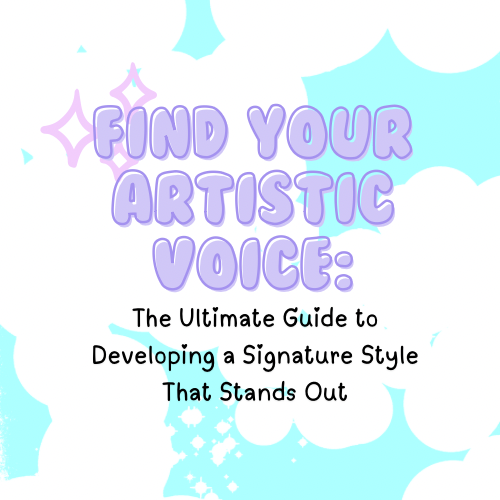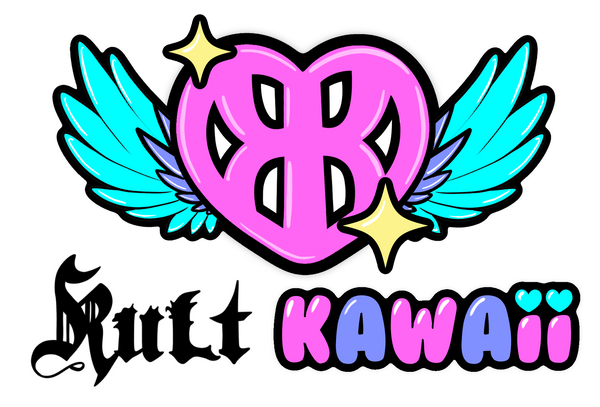
Find Your Artistic Voice: The Ultimate Guide to Developing a Signature Style That Stands Out
Your artistic voice is your creative fingerprint—the unique combination of style, technique, and perspective that makes your work instantly recognizable. In today's oversaturated creative landscape, developing a distinct artistic identity isn't just rewarding—it's essential for building a sustainable practice. This comprehensive guide breaks down proven methods to help you discover and refine your authentic creative identity.
Understanding Artistic Voice
Your artistic voice represents more than just visual style—it's the conceptual and emotional core of your work. Key components include:
Technical signatures (recurring brushwork, color relationships, compositional approaches)
- Thematic preoccupations (subjects you revisit unconsciously)
- Emotional resonance (the specific feelings your work evokes)
Why developing your voice matters now:
- Digital platforms amplify distinctive work
- Galleries and collectors increasingly seek original perspectives
- A strong voice leads to faster, more confident creation
Step-by-Step Development Process
1. Conduct an Inspiration Audit
Analyze 3-5 influential artists by asking:
- What specific technical elements appeal to you?
- How could you adapt these elements authentically?
2. The 10-Work Diagnostic
Review your own portfolio to identify:
- Recurring color relationships
- Common subject matter
- Technical habits (mark-making, rendering style)
3. Structured Experimentation
30-Day Exploration Plan:
Week 1: Work exclusively in an unfamiliar medium
Week 2: Limit yourself to a monochromatic palette
Week 3: Create only abstract interpretations
Week 4: Combine all previous experiments
4. Define Creative Boundaries
Establish:
- Non-negotiable elements (e.g., maintaining detailed rendering)
- Dealbreakers (e.g., won't compromise on subject matter for trends)
5. Strategic Synthesis Method
Combine three disparate influences into new work (e.g., Baroque lighting + street art techniques + natural science illustration)
Common Development Pitfalls
- Over-indexing on trends at the expense of authenticity
- Over-editing work to conform to perceived expectations
- Waiting for perfect clarity before committing to a direction
Voice Amplification Strategies
- Create a technical style guide documenting your signature elements
- Develop thematic series to deepen your conceptual approach
- Engage your audience in identifying your most characteristic work
Implementation Plan
1. Complete one diagnostic exercise this week
2. Document three key observations about your tendencies
3. Share your process using #ArtisticVoiceJourney
